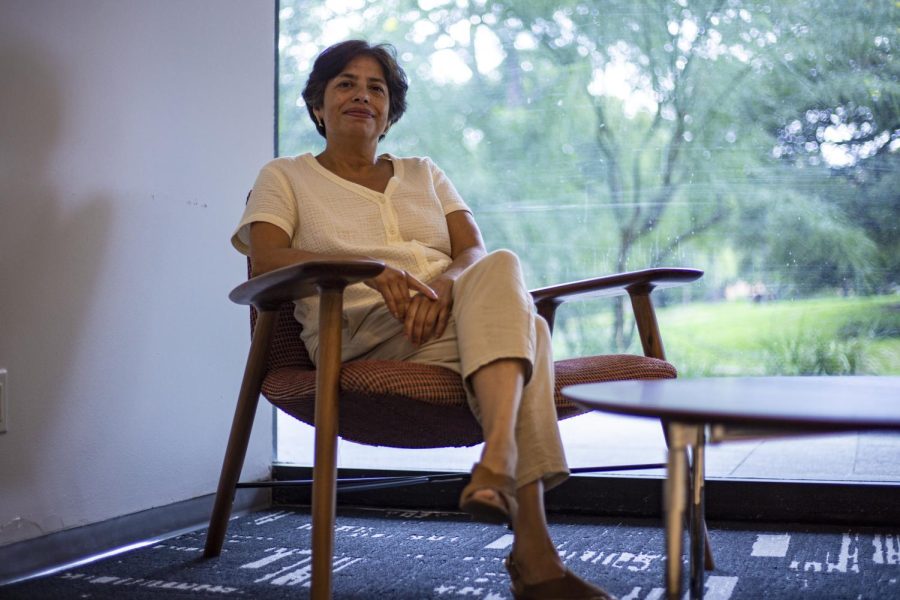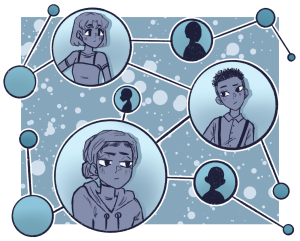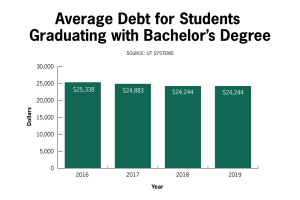Latin American studies institute and collection receives $2.1M in grants
September 7, 2022
The University plans to expand Latin American studies with $2.1 million worth of grants from the Department of Education for curriculum development and cross-departmental collaboration.
LLILAS Benson Latin American Studies and Collections, a collaboration between the Teresa Lozano Long Institute of Latin American Studies and the Nettie Lee Benson Latin American Collection received two grants this year — the National Resource Centers grant and the Foreign Language and Area studies grant. LLILAS is a University program housing Latin American studies and the Benson Latin American Collection is a University library of resources for Latino/Latina studies.
Project director Adela Pineda Franco said the grants, which are to be used from 2022 to 2026, will allow the University to expand its Latin American studies school-wide and share its resources past the scope of UT.
“If you’re a National Resource Center, you are doing many things for national and regional communities,” Pineda Franco said. “It is a way to make (the University) a hub of exchanges of knowledge.”
The grant will help LLILAS Benson work with professional schools such as Dell Medical School to increase collaborations with Latin America.
“This grant allows us to carry out our mission of developing horizontal relations with Latin America,” Pineda Franco said. “We don’t look at Latin American countries as needing our advice to move forward, we consider them partners in engaging knowledge.”
Paloma Díaz, assistant director of LLILAS Benson, said exposing students to Latin American cultures decreases harmful stereotypes and promotes cultural appreciation.
“It’s very easy to have distorted images of other cultures,” Díaz said. “If we can facilitate that diversity … we help (people) understand the complexity of our culture.”
Gabriela Torres, a Latin American studies senior, received a community engagement award from LLILAS Benson in the past for her work promoting healthcare access. She said the University should value community perspectives in academic collaboration.
“The academic setting is very different from the community setting or living through things personally,” Torres said. “I think that it would be important to talk to folks who have received services … (or) are community organizers.”
Melissa Guy, the director of the Benson collection, said the library will digitize and purchase materials that K-12 curriculums and partner institutions such as Texas State University and Huston-Tillotson University can utilize.
“It allows us to put the specialness of the Benson (collection) in front of audiences that might not normally be aware,” Guy said.
Pineda Franco said creating curriculums for K-12 classrooms will allow kids to learn history from a more global perspective, especially given the prominence of Latin American culture in Texas history.
“We put global events within the perspective of a Latin American view,” Pineda Franco said. “The other aspect has to do with bringing pride of Hispanic heritage, the idea that if you’re Latina or Latino, you come from a history of people’s communities that developed art, literature and science.”
In addition to developing programs, the grant focuses on teaching less commonly taught languages such as Portuguese, Quechua and Haitian Creole. The grant will fund University students studying abroad and allow the library to purchase materials to help with instruction, Guy said.
“We are very intertwined in this world and not so isolated,” Pineda Franco said. “We want to break islands (and) establish connections.”















